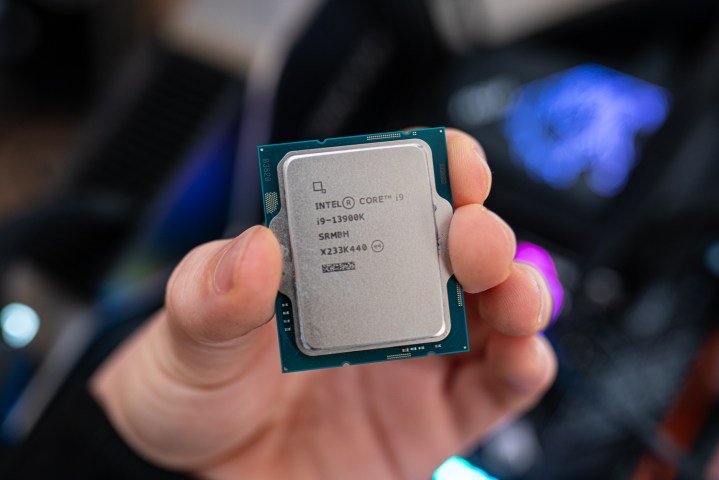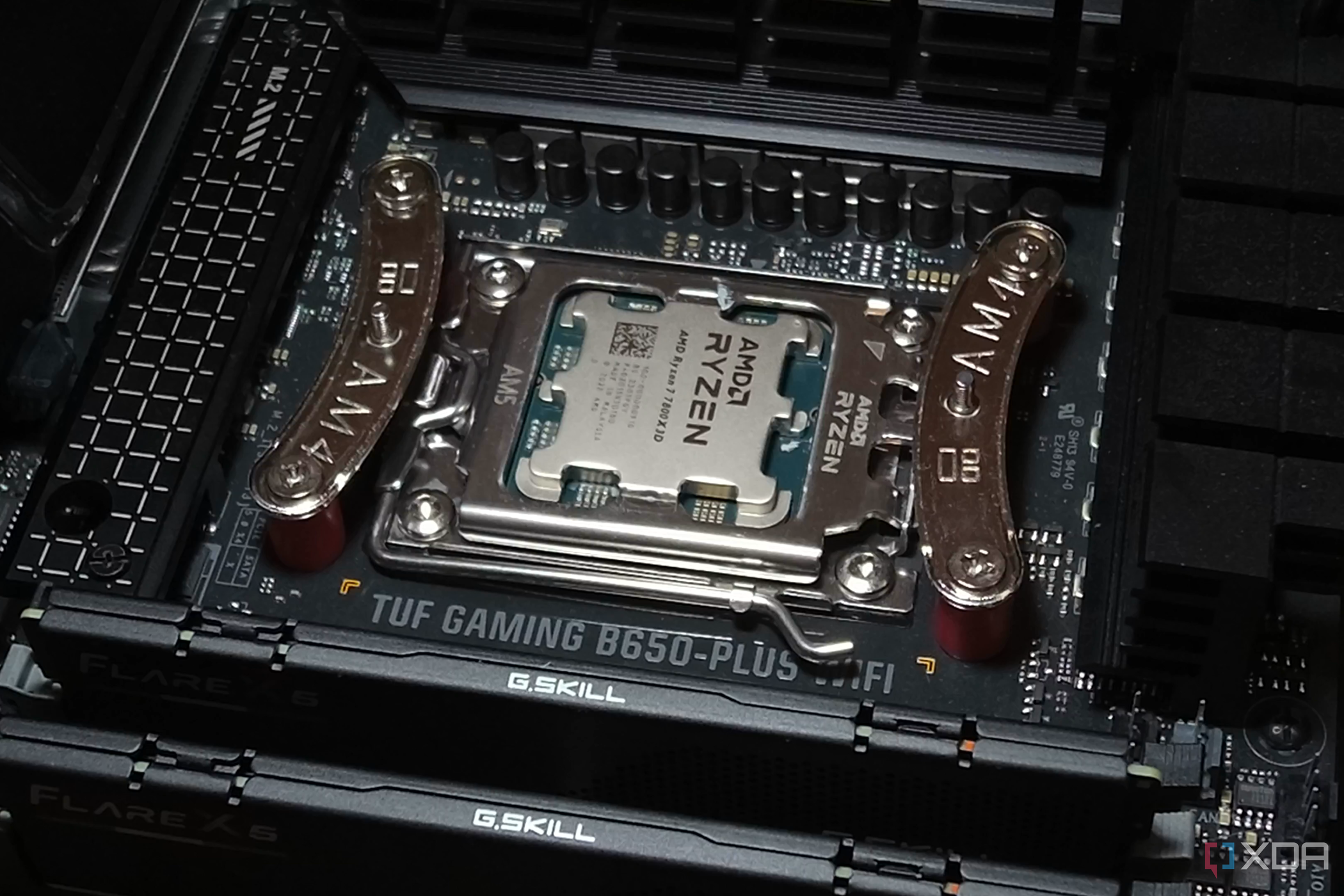CPU-intensive games like Total War and Microsoft Flight Simulator require a powerful CPU for handling complex simulations, AI, and large environments.
Gaming performance depends heavily on your CPU’s capability to handle complex computations, especially in games with detailed simulations, AI, and physics. Knowing which games demand more from the CPU helps you optimize your setup for smoother gameplay. Let’s dive into the types of games that are CPU intensive and why they require robust processing power.
Why Are Some Games More Cpu Intensive Than Others?

Certain games are more CPU intensive because they rely on the processor to handle various tasks beyond graphics rendering, such as:
- Complex AI behavior: Games with many NPCs and intricate AI rely heavily on the CPU.
- Advanced physics: Games with destructible environments or detailed physics interactions put more pressure on the CPU.
- Large open worlds: CPU power is essential for handling large-scale simulations, environment details, and real-time interactions.
Are Fps Games Cpu-Intensive?
Most FPS (First-Person Shooter) games rely on the GPU for graphics rendering but can still require CPU power for processing tasks like AI, physics, and multiplayer data synchronization. However, some FPS games, especially those with complex environments or detailed.
AI interactions (e.g., Battlefield or Rainbow Six Siege), can be more CPU-intensive than simpler shooters. Multiplayer FPS games often require strong CPU performance to keep up with real-time data processing for multiple players.
Which Game Is Cpu-Intensive?
CPU-intensive games typically involve large-scale simulations, complex AI, or open-world environments. Some popular examples include:
- Total War Series: Known for managing massive armies with individual AI-controlled units.
- Microsoft Flight Simulator: Simulates realistic environments and flight physics.
- Assassin’s Creed Valhalla: Has an expansive open-world map and numerous NPCs, requiring heavy CPU processing.
- Cities: Skylines – Processes intricate city simulations, including traffic and population dynamics.
Top Cpu-Intensive Game Categories:
Real-Time Strategy (Rts) Games:
Real-time strategy games require the CPU to manage many units, paths, and interactions across large maps, especially in games with massive armies and detailed environments.
- Examples: Total War series, StarCraft II, Age of Empires IV
Why Cpu Intensive?
These games process multiple unit movements, AI strategies, and real-time decisions, which involve heavy computations that rely on CPU power.
Read More: How To Calculate Cpu Utilization – A Complete Guide Of 2024!
Simulation Games:
Simulation games replicate real-world processes and require detailed simulations, which place a high demand on the CPU.
- Examples: Microsoft Flight Simulator, Cities: Skylines, Kerbal Space Program
Why Cpu Intensive?
Realistic simulations of physics, environments, and AI traffic control place heavy computational requirements on the CPU.
Open-World Games:
Large open-world games often simulate vast landscapes, NPC interactions, and real-time changes in weather and environment, making them more CPU-dependent.
- Examples: Assassin’s Creed Valhalla, Red Dead Redemption 2, The Witcher 3
Why Cpu Intensive?
Managing a detailed world with multiple real-time variables (e.g., weather systems, AI, and dynamic interactions) demands constant CPU processing.
Role-Playing Games (Rpgs) With Complex Ai:
Role-playing games with detailed NPCs, dialogue systems, and open worlds rely heavily on the CPU to handle vast interactions.
- Examples: Cyberpunk 2077, Skyrim, Fallout 4
Why Cpu Intensive?
These games require the CPU to process complex NPC behaviors, dialogue trees, and large maps with multiple layers of detail.
Multiplayer Online Games:
Online games with hundreds of players simultaneously interacting with each other require a strong CPU to manage real-time data.
- Examples: PUBG, Fortnite, World of Warcraft
Why Cpu Intensive?
Managing network latency, player actions, and server data exchanges simultaneously places a heavy load on the CPU.
Which Games Are Less Cpu-Intensive?
Less CPU-intensive games tend to rely heavily on the GPU for visual quality and run smoothly on mid-range processors. Examples include:
- Indie Games: Games like Hades and Celeste have simpler graphics and limited simulation, reducing CPU demand.
- Racing Games: Titles like Forza Horizon are typically more GPU-bound as they focus on visual fidelity rather than complex AI.
- Platformers: Games such as Ori and the Blind Forest and Cuphead prioritize visual style and fast gameplay rather than extensive processing.
- Puzzle Games: Titles like Portal 2 and The Witness mainly use GPU for visuals, making them lighter on the CPU.
Why Cpu-Intensive Games Matter For Gamers?

Playing CPU-intensive games with an underpowered processor can lead to low frame rates, stuttering, and lag, especially in action-packed moments. Upgrading to a faster CPU or optimizing your existing one is key to getting the best experience in these games.
How To Optimize Your Cpu For Intensive Games?
- Upgrade to a Multi-Core CPU: Most CPU-intensive games perform better on quad-core or higher CPUs, as they can spread the load across multiple cores.
- Optimize Background Processes: Close unnecessary applications to free up CPU resources for gaming.
- Overclock Your CPU: If your CPU and cooling system support it, overclocking can improve performance in intensive games.
- Adjust Game Settings: Lower in-game settings for shadows, AI intensity, and physics, as these tend to use more CPU resources.
FAQs:
1. What makes a game CPU-intensive?
Games become CPU-intensive when they involve tasks like complex AI, large simulations, and advanced physics, requiring the CPU to manage calculations beyond graphics.
2. Are strategy games more CPU-intensive?
Yes, real-time strategy games often need a powerful CPU to manage numerous units and real-time decisions across large maps, which demands extensive processing.
3. Can a weaker CPU run CPU-intensive games?
It’s possible, but performance issues like low frame rates and lag can occur. Lowering in-game settings and closing background tasks may help improve gameplay.
4. Is multiplayer gaming more demanding on the CPU?
Yes, online multiplayer games require CPU power to manage data exchange, and player interactions, and reduce latency, especially with many players in real-time.
5. How can I improve CPU performance for demanding games?
Upgrading to a multi-core CPU, overclocking, and reducing background applications can help boost CPU performance for intensive games.
Conclusion:
CPU-intensive games, especially those with expansive simulations, detailed AI, and complex physics, highlight the importance of a strong processor in delivering smooth, immersive gameplay. Investing in a capable CPU is key to enjoying these titles without lag or frame drops, making it possible to explore open worlds, manage large-scale strategies, and experience realistic simulations seamlessly. Whether upgrading your system or fine-tuning settings, understanding which games are CPU-heavy helps you optimize your setup and enjoy a stable, high-quality gaming experience.

